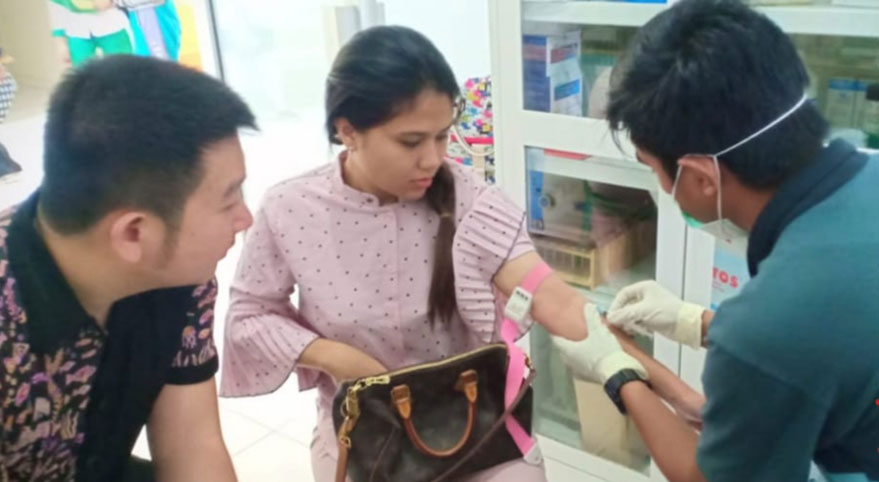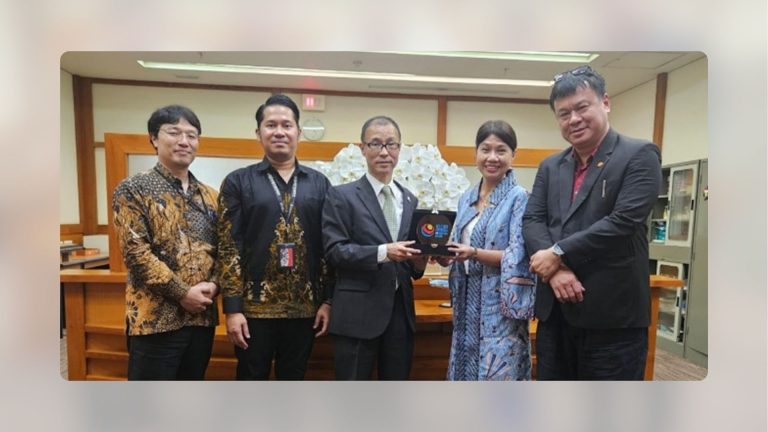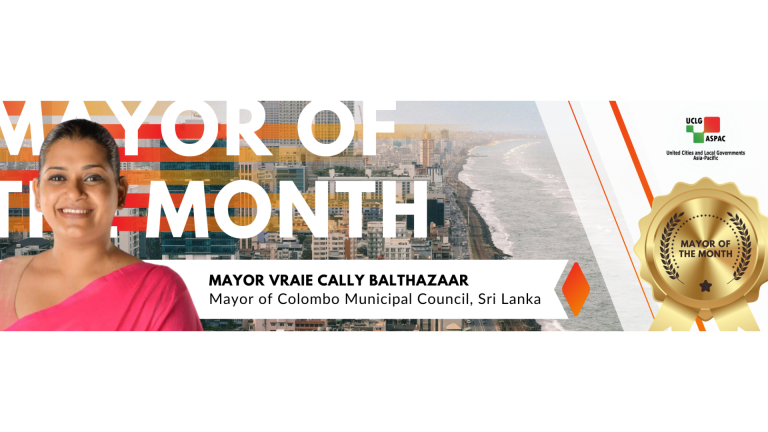Good Practice, Gorontalo City, Indonesia – With rapid social and economic development in Asia and the Pacific, who would have known that the average rate of maternal mortality in the region is still extremely very high compared with other parts of the world.
According to the UN Populations Fund (UNFPA), around 127 mothers in the Asia-Pacific region die per 100,000 live births and 90% of these deaths could have been prevented. As worryingly, almost 92% of all maternal deaths in the region in 2015 occurred in only 12 countries, including Indonesia. Reducing maternal and newborn deaths is part of the Sustainable Development Goals (SDGs). Under SDG 3, all UN members have committed to ensure healthy lives and promote wellbeing for all at all ages. Countries have set a common target to reduce the global maternal mortality ratio to less than 70 per 100,000 live births by 2030.
Crucial to the solution at the local level is the availability of tailored public services for early prevention of maternal mortality. Andi Nur Fitri Balasong, Field Officer of LOCALISE SDGs Project for Eastern Region and Assistant Manager of the Association of Indonesia Municipalities (APEKSI) Regional Office, sat down with the Chief of Gorontalo Health Office, Dr. Nur Albaar, SP. Pd. Finasim, who oversees the efforts to prevent maternal mortality in Gorontalo City, which is one of the oldest cities in Celebes Island. As the capital city of Gorontalo Province, this city of 73 km2 and 206,454 populations has its own dynamic.
Andi Fitri (AF): What is the key to your approach to public health especially in preventing maternal mortality?
Dr. Nur Albaar (NA): In health sector, and with the collaboration with our partners to localise SDGs, we have set various targets in our Local Mid-Term Development Plan, including on SDG 3 such as reducing maternal mortality rate, child mortality rate, mal-nutrition, and increasing health access and service. It is important that we articulate the solutions right from the start, at root causes of the problems. We do realise it is not an easy task.
AF: Is that the rationale behind your collaboration with the Regional Office of Religion?
NA: Yes. The Office has already been in charge of organising a pre-marriage consultation session, so we have worked with them to introduce health issue. The Office would like to help couples aware of their health conditions as it can significantly help prevent maternal and child mortality, which are our main concerns. In 2017, together we launched a programme called TANCAP (Tanda Aman Bagi Calon Pengantin) Nikah Generasi Unggul in Gorontalo City. It can be translated into Safely Sealed Couple.
AF: Is the programme open for anyone in Gorontalo or only those from certain religion?
NA: Basically, this is a public service. As long as you are a citizen of Gorontalo City, regardless your religion, you can join this Safely Sealed Couple program.
AF: How does it work?
NA: First, a couple needs to register their marriage plan to either the Local Registry Office or the Regional Office of Religion. Then, they will get the full pre-marriage programme; including a health session from the Regional Office of Religion and the Local Health Office. If they are diagnosed to have certain health conditions, they will receive appropriate treatment. Their health historical records will be properly documented for future reference, such as for prenatal regular check-up in community health centre or hospital. After the process is completed, the couple will receive ‘Safely Sealed Couple’ certificate at the end of this programme. The whole process is free of charge.
AF: Any measureable impacts yet from the implementation of the programme?
NA: Based on December 2018 data, the maternal mortality rate decreased from 140 in the previous year to 120, or about 14 percent decrease. This is because our pre-marriage programme enables early identification of health issues that could maternal mortality case, and allows medical treatment to start earlier. Through regular health check-up, prospective mothers can also prevent stunting. On the other hand, the programme could have an indirectly impact in reducing divorce rate. We are confident that the number will continue to improve as this programme helps couple with useful information for their marriage.











